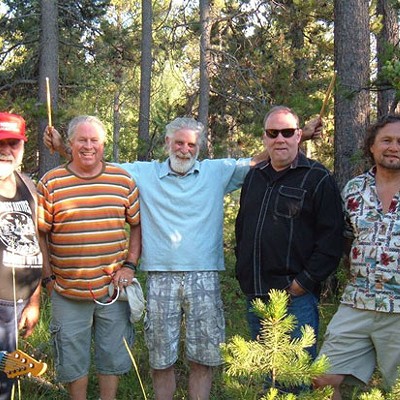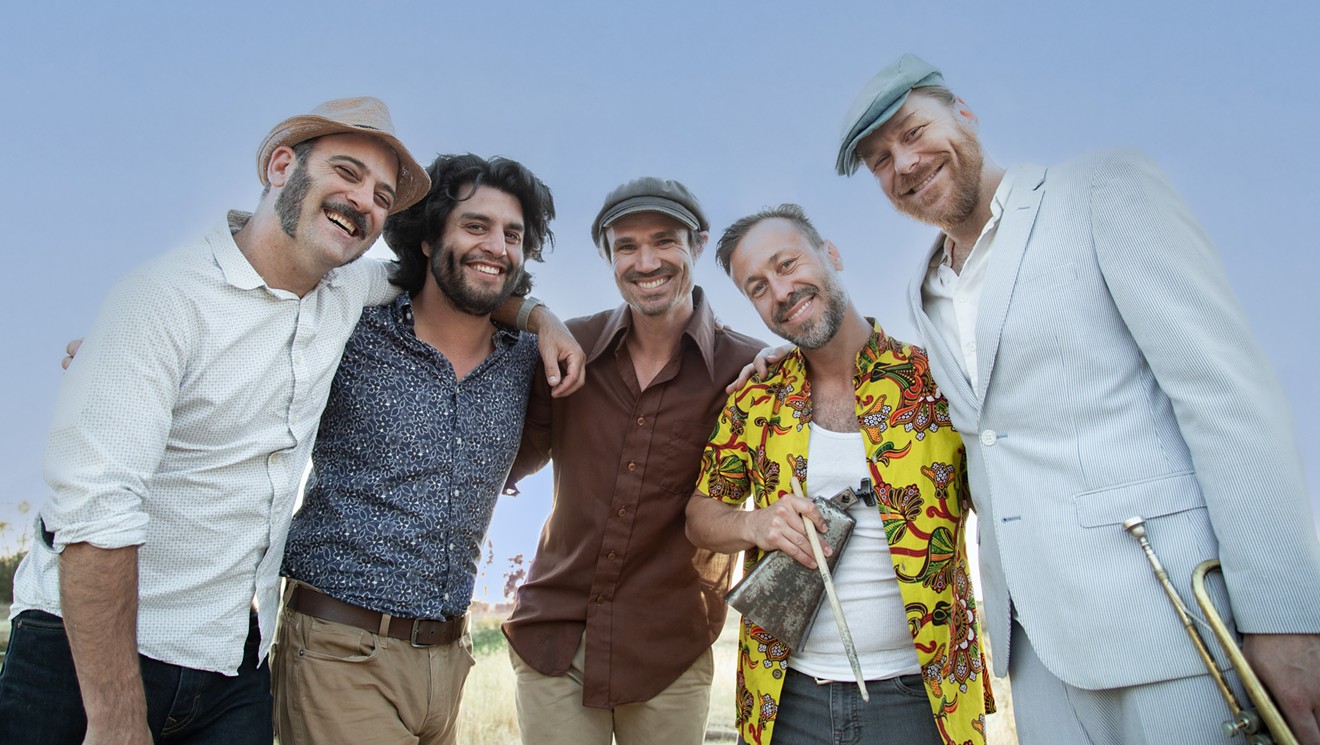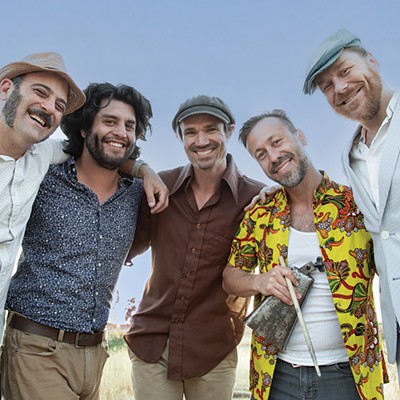Growing up, Eric Bibb was immersed in music. His father Leon was an integral part of the 1960s folk scene, his uncle John Lewis composed and played piano for the Modern Jazz Quintet, and his civil rights icon godfather Paul Robeson was a part of the Harlem Renaissance. But rather than making a name for himself in New York, like so many of his family members before him, it was in Europe that Bibb really hit his stride.
And while it might seem surprising that the American blues musician's career would take off after his arrival in Sweden, Bibb says there's an established blues/jazz scene in northern Europe.
"There is a history of a number of American blues and jazz musicians finding success in Europe, particularly in Scandinavia if you're a jazz player," Bibb explains, noting that it's been a hot spot for the genres since the 1950s. "It was a really happening scene when it comes to all kinds of music, but a real interest in American roots music was already in place there. So I found myself really in a community of people who really spoke my language."
It's not entirely random that Scandinavia, and Europe in general, seem to have a greater appreciation for American roots music than the places that music originated from. The reason is not simply a matter of taste, Bibb explains, but can be found in the history of race relations in the United States.
"You have to consider that the states had historical baggage, which makes it difficult for homegrown art, blues and jazz to be appreciated at a level that it deserves," he says. "That's not to say that there are not many music lovers who really understand the richness of the traditions and appreciate it, but in terms of mainstream culture, this music has been sidelined to a degree, marginalized, and I have a feeling it's connected to a whole historic baggage related to African-American status in American culture."
Not only are European audiences able to enjoy the roots music without feeling particularly bound up in its sometimes ugly origin story—and the attendant white guilt—musicians are also freer to explore their careers without being subjected to American-style racism.
"I'm not saying [playing in Europe] was without challenges, because I think as we're seeing all over the world [that] tribalism seems to be rearing its head," Bibb notes, "but I'm sure that many artists who had experienced segregation and discrimination in the states were relieved to at least experience a lighter version of that in Europe, and I'm sure that was attractive for artists who just wanted to get on with making music."
And European fans can't seem to get enough of it. American culture in general, and African-American culture in particular, is a point of fascination in Europe, he explains. Plus, there's something to be said for spreading one's wings and exploring new scenes.
"It's easier to be a hero outside your hometown," Bibb points out.
And being based outside the United States—Bibb now lives in Finland with his Finnish wife—hasn't hurt his prospects for high-profile collaboration. He's played and recorded with icons like Pops and Mavis Staples, and Taj Mahal, and says he's approaching the end of his musical collaboration bucket list.
"I've really had some unbelievably inspiring meetings with many of my heroes," Bibb admits." One opportunity that stands out is recording with Pops and Mavis Staples...It was originally intended that Pops would be my guest and Mavis showed up and I asked Pops Staples, and I said, 'Wow, Mavis is here,' and he said, 'Yeah, I want it to be a hit, don't I?'"
Another highlight—recording with the Blind Boys of Alabama for his 2014 album, Blues People. That album is Bibb's 38th since starting his career in 1972. And in the more then 40 years he's been working as a musician, he's learned a thing or two.
"What I've learnt is it's important just to be yourself and really dig deep into that awareness of who you are and make that your calling card," Bibb says. "Forget all about competition, because music is not sport, it's art. It's important to just follow the promptings of your muse."
























